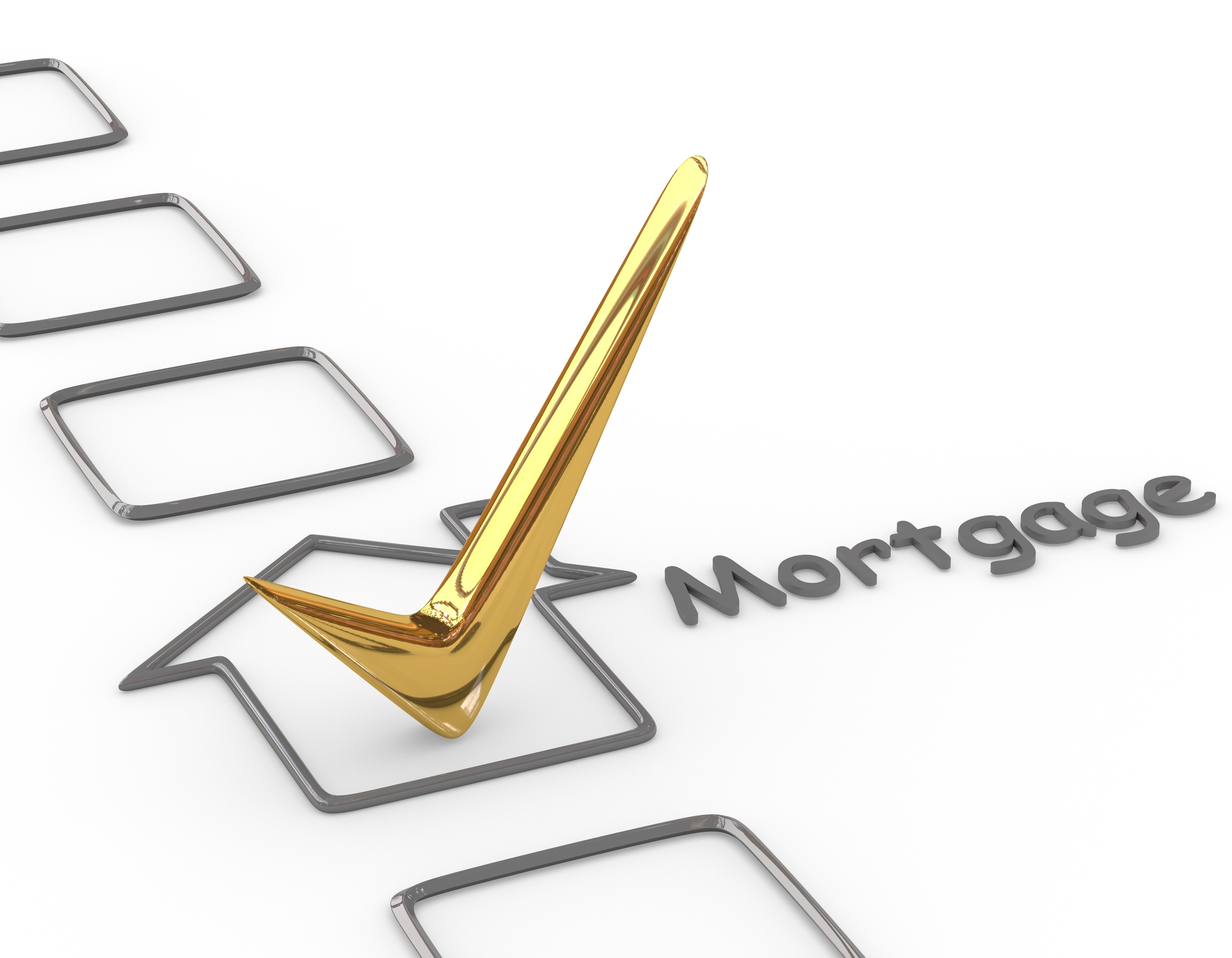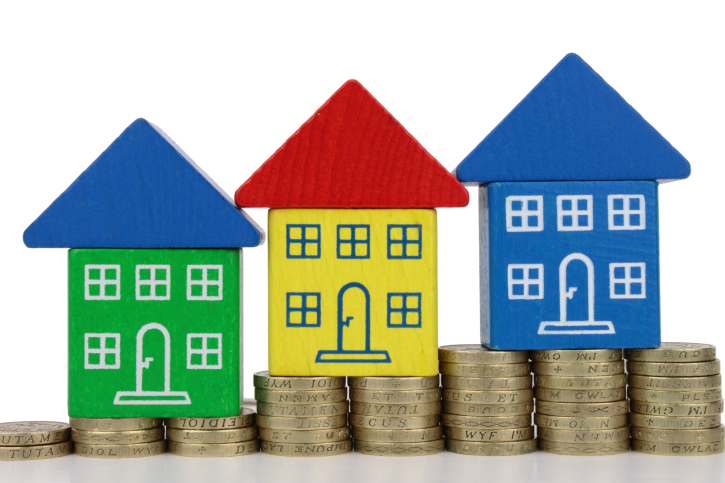 So you’ve been a homeowner for some time. You’ve been faithfully paying off your mortgage for years, and you have a fair bit of equity built up in your home – and that makes you proud. But now, you’re wondering what good equity is if you’re not using it.
So you’ve been a homeowner for some time. You’ve been faithfully paying off your mortgage for years, and you have a fair bit of equity built up in your home – and that makes you proud. But now, you’re wondering what good equity is if you’re not using it.
How do you actually use home equity? And how do you leverage it to get a high return for low risk? Here are just a few options you may want to consider if you’re looking for something to do with your equity.
Use A Home Equity Loan Or HELOC To Pay Off High-Interest Debt
If you have a certain amount of money invested in your home, you can borrow against that investment by taking out a home equity loan or a Home Equity Line of Credit (HELOC). A home equity loan is ideal for borrowing a large amount of money for a specific purpose, whereas a HELOC works much the same way a credit card does – you can use credit as needed, then pay back what you owe. And if you have a lot of high-interest debt, one of these vehicles could be a great way to pay off your creditors – while it may seem like borrowing from Peter to pay Paul, you actually save thousands of dollars in interest rates by paying off high-interest debt using a lower-interest HELOC or home equity loan.
Buy An Investment Property With A Home Equity Loan
If you’ve been looking to enter the real estate investment market but haven’t had the liquid funds for a deposit, leveraging your home equity in the form of a loan can get you into the landlord game quickly and easily. This is a smart move because while you are taking on more debt, you’re doing so in order to create a new income stream. Ideally, you’ll want to buy a duplex or a home with a granny suite so that you can maximize your investment by renting out more than one dwelling space.
Downsize To A Smaller House And Invest The Difference
Perhaps you’re living in a large house that has seen its value appreciate in recent years, and you’re looking to move in the near future. Selling your large home and moving into a smaller, less expensive home is a great way to simply turn your home’s equity into cash – cash that you can invest.
Leveraging your home equity can be a smart move if it’s done with a larger goal and a solid strategy in mind. But when done irresponsibly, taking equity out of your home can have severe consequences. Talk to your local real estate professional today to learn more about smart options for leveraging home equity.
 Making renovations that are energy efficient is not just a great way to reduce energy output, but it’s also an effective way of decreasing monthly utility costs. It serves as a one-time investment that will save money in the long run.
Making renovations that are energy efficient is not just a great way to reduce energy output, but it’s also an effective way of decreasing monthly utility costs. It serves as a one-time investment that will save money in the long run. Buying a home isn’t cheap – and even though mortgage rates are low, your own financial circumstances may mean that your monthly payment is more than you can afford. Whether you’re a new buyer looking to save money or a cash-strapped owner who needs to free up extra income, there are several ways you can lower your monthly payments – here are just five of them.
Buying a home isn’t cheap – and even though mortgage rates are low, your own financial circumstances may mean that your monthly payment is more than you can afford. Whether you’re a new buyer looking to save money or a cash-strapped owner who needs to free up extra income, there are several ways you can lower your monthly payments – here are just five of them. Finding the right mortgage can be a struggle. There’s a wide array of mortgage products on the market, and you don’t always need to get a mortgage through your bank – and with so many options, it’s hard to know which one is your best bet.
Finding the right mortgage can be a struggle. There’s a wide array of mortgage products on the market, and you don’t always need to get a mortgage through your bank – and with so many options, it’s hard to know which one is your best bet. If you’re planning to complete some renovations on your home before putting it on the market, you may be unsure of the best way to go about finding the right contractor for the job. While there are probably many contractors available who can do your renovations right, here’s how you can get to the bottom of who will work the best for you.
If you’re planning to complete some renovations on your home before putting it on the market, you may be unsure of the best way to go about finding the right contractor for the job. While there are probably many contractors available who can do your renovations right, here’s how you can get to the bottom of who will work the best for you. If you’re considering whether home ownership is the right decision for you, there are lots of different factors you’ll want to take into account. Do you want to keep moving around, or are you ready to lay down roots in a community? Are you prepared for the additional upkeep that home ownership requires?
If you’re considering whether home ownership is the right decision for you, there are lots of different factors you’ll want to take into account. Do you want to keep moving around, or are you ready to lay down roots in a community? Are you prepared for the additional upkeep that home ownership requires?